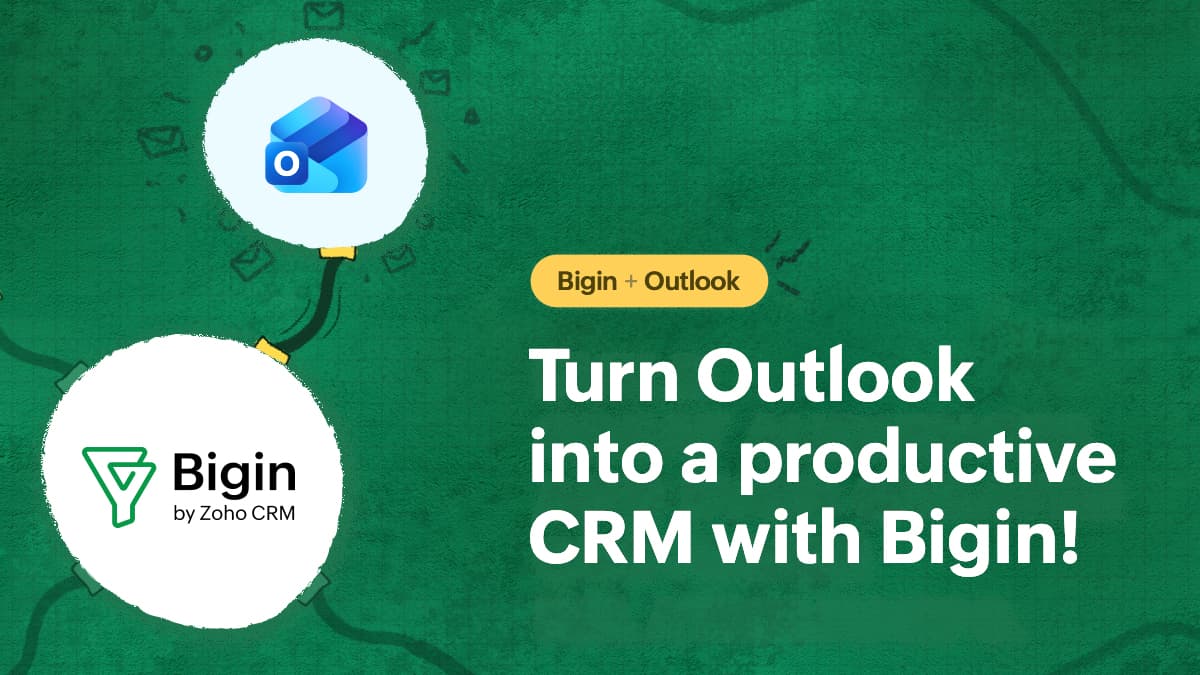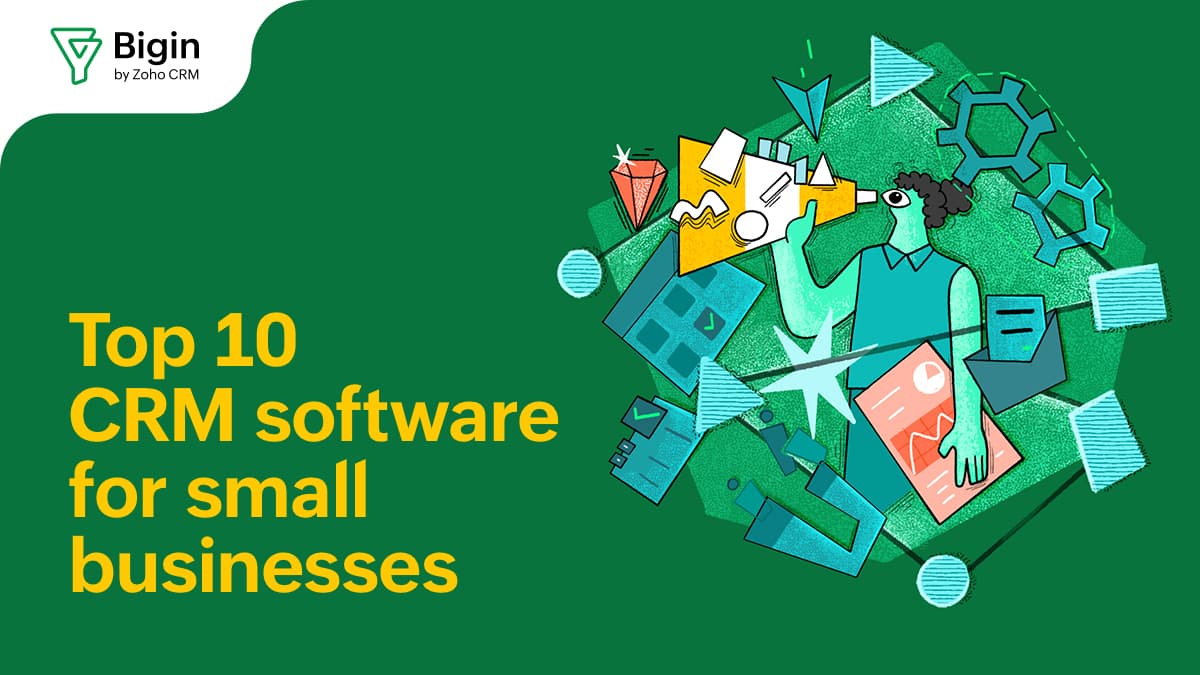- HOME
- Entrepreneurship
- Five reasons why SMBs should choose cloud-based CRMs
Five reasons why SMBs should choose cloud-based CRMs
- Published : June 10, 2022
- Last Updated : August 8, 2023
- 450 Views
- 3 Min Read

For quite some time before the pandemic hit, we used to hear news like this almost everyday: "[Popular enterprise] is moving their business to the cloud". Back then, smaller players in the market could wait and watch the big companies as they all moved to cloud operations, one after another. In the post-pandemic world, with offices closing and many businesses conducting their operations going completely remote for months together, the cloud isn't just an option anymore—it's a necessity. But even as a necessity, it's one of those things that's nevertheless good for your business.
Cloud-based CRM platforms have become a crucial investment for small and medium enterprises that have struggled to retain their customers and survive during the pandemic. If you're a small business owner looking to adopt a cloud CRM, but you're also a little apprehensive about the changes it'll bring to your business, here's a list of reasons why cloud-based CRMs are the best way to go.
We've compared the benefits of cloud CRMs against on-premise CRMs, because as the world is slowly restoring to the normalcy of the pre-pandemic times, it's natural that some businesses may be inclined to invest in on-premise CRMs instead of experimenting with cloud CRMs. Read on to learn why investing in cloud-based CRMs is the better choice.
1. First and foremost, it's easier on your pocket
One of the most attractive aspects of a cloud-based CRM is its flexible subscription model, which is more economical than the upfront payment system of on-premise CRMs. For SMEs, an upfront payment might be an absolute deal breaker considering how strict their budgets can be, whereas with cloud solutions, you only pay for what you use. You can cancel your subscription at any point when you no longer require the service or switch plans depending on the features you need. So cloud CRMs are more affordable compared to on-premise CRMs.
2. You don't need office space
While on-premise CRMs, as the name suggests, require you to have a physical office space for installation of the hardware, cloud-based CRMs allow 100% remote operations. If you are a small business just starting your operations with a small team and a minimal budget, you can enjoy the convenience of remote operations without having to lock huge amounts of funds in a physical office establishment. After the horrible and unforeseen experiences of small business owners during the pandemic, this has become the most beneficial aspect of cloud CRMs.
3. You don't have to worry about maintenance fees
Can you imagine your business without the maintenance bills repeatedly knocking at your doors every month? No? Well now you can with cloud-based CRMs. While negating the need for a dedicated physical space, cloud CRMs simultaneously negate the additional expenditures on maintenance, repairs, updates, and more. Once you subscribe to a plan, maintenance work becomes the service provider's responsibility. Hence, it's completely taken off your plate. All updates, repairs and maintenance are completed on the server side, thereby making your life much easier.
4. It's easily scalable
Expanding can be scary, especially during the initial stages of your business. As you gain momentum, you'll find yourself needing more features, resources, and space to accommodate your surging customer base. When you're using an on-premise CRM, buying any of these will be an expensive and time-consuming ordeal. With cloud CRM, you're just a few clicks away from renting more of what you need, and it's all added to your kit instantly. If you don't need something anymore, you can opt out with just a few clicks!
5. The cloud is accessible anytime, anywhere
These days, teams function on the go, so mobile and tablet CRM access is an absolute necessity. Cloud CRMs outshine on-premise CRMs in terms of accessibility, since the latter require multiple logins and a VPN for access. In some cases, access can even be restricted to specific machines, whereas cloud-based CRMs are simple and mobile-friendly. With decent internet connection, you and your team can access the CRM anytime, from anywhere.
Conclusion
These are the main advantages offered by cloud-based CRMs, which have become much more relevant for businesses in the post-pandemic world. With more and more CRM tools becoming available on cloud platforms, investment in cloud-based CRMs is the way forward for small and medium business enterprises.


